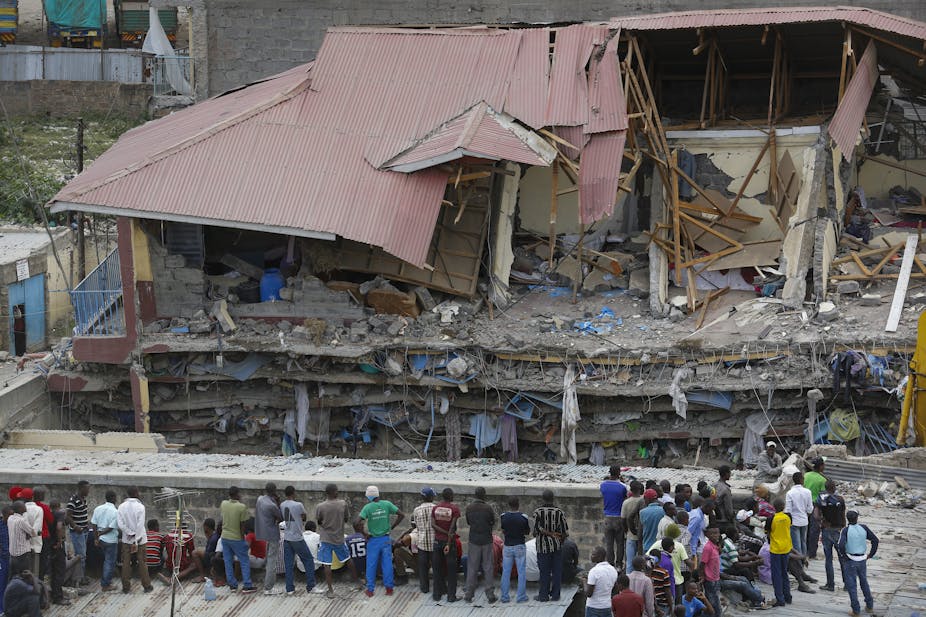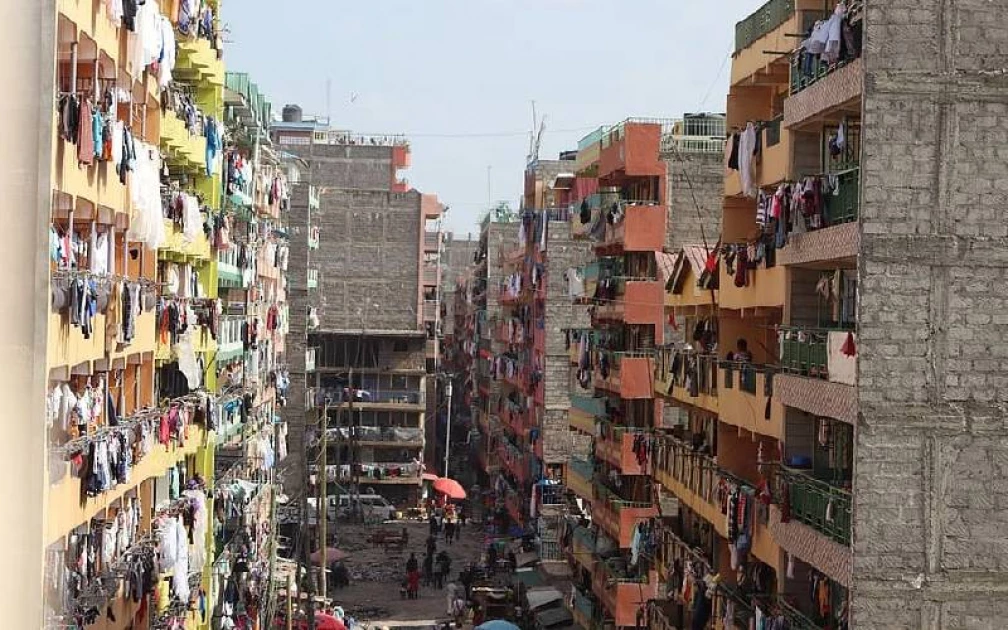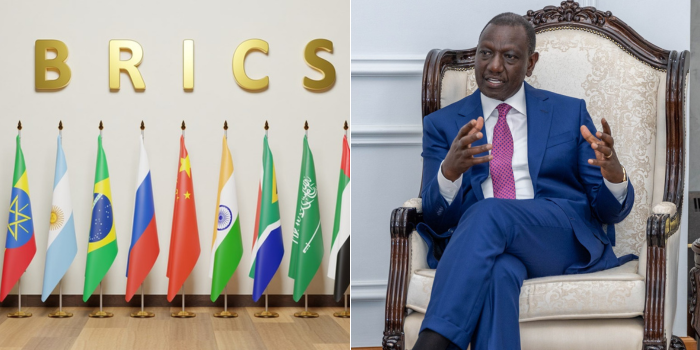Panama Papers 2.0: The Sequel No One Asked For
Explore the ongoing impact of the Panama Papers and how high-level corruption continues to thrive globally. Discover the international networks of accountants, lawyers, and banks that facilitate grand corruption and the loopholes in the current anti-corruption framework.
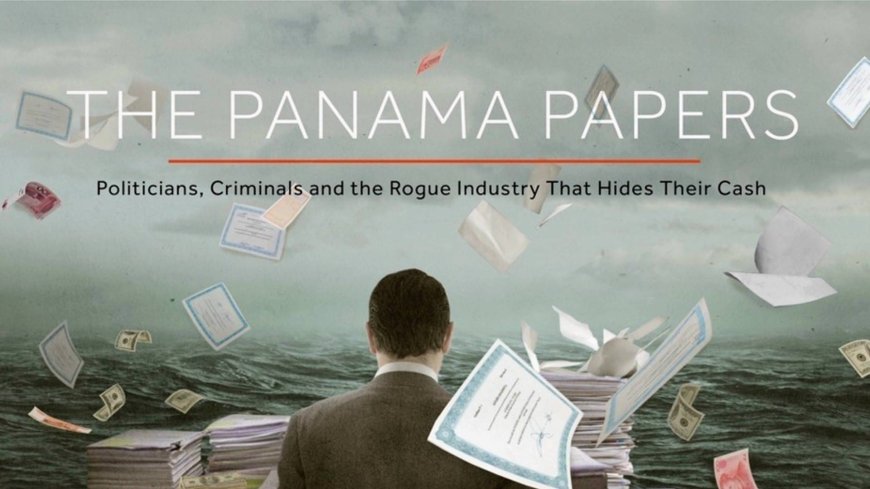
Once upon a time, in the not-so-distant past of 2016, the world was rocked by the Panama Papers—a colossal leak that exposed the murky underbelly of offshore finance. Fast forward to today, and it seems the saga is far from over. Welcome to Panama Papers 2.0, the sequel no one asked for but everyone needs to pay attention to.
The Ghosts of Corruption Past
The original Panama Papers were like a blockbuster movie, complete with high-profile villains, secretive plots, and a global audience left in shock. Governments fell, protests erupted, and the term “offshore account” became synonymous with scandal. But as the dust settled, it became clear that the fight against high-level corruption was just beginning.
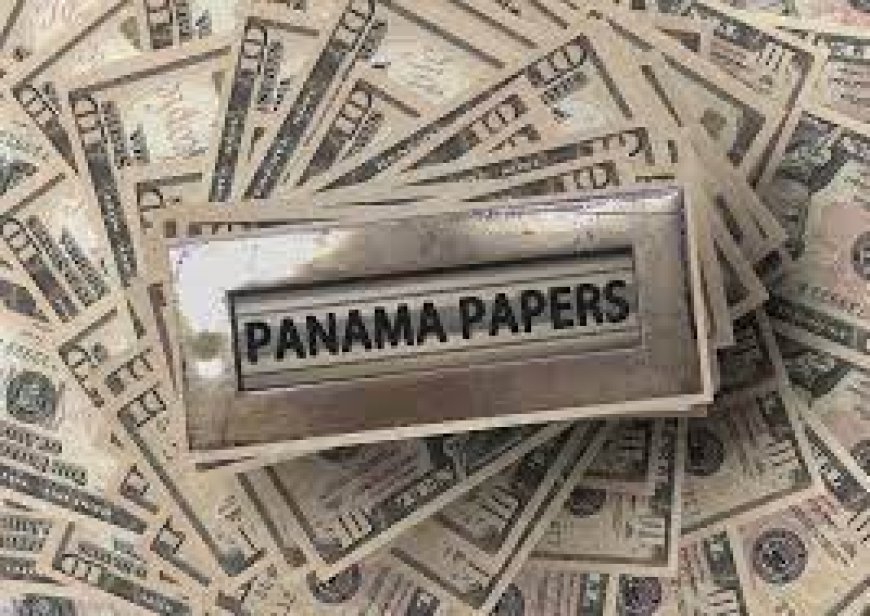
The Unseen Puppeteers
Behind the scenes of this grand corruption are the unsung heroes—or rather, anti-heroes—of the financial world: accountants, lawyers, and banks. These professionals form an international network that facilitates the movement of illicit funds, making them the unseen puppeteers of global corruption. They craft intricate webs of shell companies and trusts, ensuring that the money trail is as convoluted as a Nairobi traffic jam.
The Loophole Express
Despite the initial uproar, the current anti-corruption framework is riddled with loopholes. It’s like trying to catch a cheetah with a butterfly net. For instance, many countries still lack stringent regulations on beneficial ownership, allowing the real owners of offshore entities to remain hidden. This anonymity is the lifeblood of corruption, enabling the wealthy and powerful to evade taxes and launder money with impunity.
The Kenyan Connection
Kenya, like many other countries, has not been immune to the ripple effects of the Panama Papers. The revelations have sparked debates about the need for greater transparency and accountability in both the public and private sectors. However, the implementation of effective anti-corruption measures remains a work in progress. The challenge lies in balancing the need for economic growth with the imperative to curb financial malfeasance.
A Global Problem
The Panama Papers have shown that corruption is not confined to any one country or region. It’s a global problem that requires a coordinated international response. Yet, the lack of political will and the influence of powerful vested interests often stymie efforts to enact meaningful reforms. As a result, the cycle of corruption continues, with new scandals emerging like unwanted sequels in a never-ending franchise.
The Way Forward
So, what can be done to tackle this pervasive issue? For starters, there needs to be a concerted effort to close the existing loopholes in the anti-corruption framework. This includes implementing stricter regulations on beneficial ownership, enhancing international cooperation, and providing adequate resources for enforcement agencies. Additionally, there must be a cultural shift towards greater transparency and accountability, both in government and the private sector.
Conclusion
The Panama Papers 2.0 may not have the same explosive impact as the original, but its ongoing revelations serve as a stark reminder that the fight against corruption is far from over. As we navigate this complex landscape, it’s crucial to remain vigilant and committed to the cause of justice. After all, in the words of a wise old saying, “The price of freedom is eternal vigilance.”
And so, dear reader, as you sip your morning chai or coffee, remember that the battle against corruption is one that affects us all. Whether you’re in Nairobi, New York, or New Delhi, the quest for a fairer, more transparent world is a journey we must all undertake together.
What's Your Reaction?







